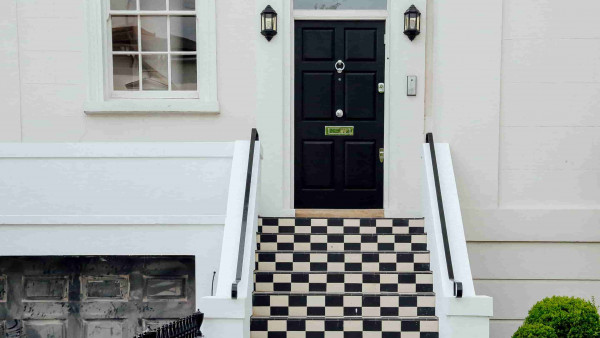Why use The Law Superstore to find a legal expert for your new lease
- Expert solicitors across the country
- Vetted and regulated by the SRA
- Over 100,000 people helped
- Instantly compare quotes from up to 4 solicitors
-
I was able to identify a local solicitor to where my case was being heard and in the process of preparing a case for court.
-
I had a number of very quick responses & I am using one of them for my POA.
-
Quick to respond with clear explanation of the law in a layman’s language.cheaper fees for extra services like planning permissions etc.
-
Efficient website, immediate response, instructions issued same day.
-
You offered a number of solicitors that all responded to emails or a phone call. So very pleased.
How to create a new leaseholder agreement as a landlord
As a landlord, it’s important that you and the new tenant complete the correct documentation so that all terms provided are officially agreed upon.
A leaseholder agreement can be written up and signed with the support of a legal adviser. With their help, what should be included in the leaseholder agreement before signing can be determined. They can also liaise with the tenant’s representatives. If any issues arise regarding the terms of the agreement, such as someone breaching them, your legal advisor will take the necessary action.
What do I need to know as landlord?
As a landlord, there are things you need to be aware of so that the running of your leasehold goes smoothly. On top of your leaseholder agreement, we would recommend ensuring you have landlord insurance. This will cover legal expenses or emergency assistance cover should there be any unexpected trouble at the property. You'll also need to get an energy performance certificate. As a landlord, you’re legally required to ensure a valid certificate is available to your tenants. Making energy saving changes to the property may also be necessary if your EPC score exceeds a C rating.
What do I need to know as tenant?
As a tenant, you should be prepared to assess and sign a leasehold agreement with your landlord. This is written up and put in place by a legal expert so that all parties are aware and agree upon a certain set of parameters for the tenancy.
With this leasehold agreement in place, it’s important to stick to the signed stipulations. If you fail to, the landlord and their legal advisor will be able to take action against you. Rules include things like paying your lease on time and maintaining the property. There may also be limits on what you can do in the property.
Frequently asked questions
What is a new leaseholder agreement?
A new leaseholder agreement is a contractual agreement signed by the landlord and the tenant when a property is being leased. Within the agreement are terms and outlines that detail the stipulations of the tenancy so that both parties are aware of the obligations of the exchange. It's important to choose an expert lawyer with lease experience to support you in protecting your property longterm, and ensuring you're getting the best deal. You can also learn more about the cost of agreeing a commercial lease.
Can the terms of a lease be changed?
Yes, lease terms can be changed after the agreement has been signed. Both sides must first agree to any changes that take place before this can be actioned so that no shifts in the regulations are forced upon the other party.
We recommend discussing with your legal advisor if you want to alter your leaseholder agreement.
Is a lease a legal document?
Yes, a lease is a legal document that must be written up and agreed upon between you as the landlord and your tenant. Any breach of the agreement would constitute legal action. That's why it's so important to check your lease terms carefully, and know exactly what you're agreeing to and expecting of your tenant. An expert solicitor will be able to look over the documents, identify any potential future problems and help you in negotiating the terms with your tenant to ensure you both feel confident in moving forward.
What legal action can you take for a breach of lease?
Should there be any breach of your leaseholder agreement, with the help of a legal advisor, action can be taken. Legal action can include claims for damages for any loss suffered as a result of the breach, or an injunction to prevent the leaseholder from continuing to commit the breach. A forfeiture of the lease can also be enacted, if necessary.
Speak to your legal advisor to get a stronger understanding of how you can be supported should your leaseholder agreement be breached.
How do I get a leaseholder agreement?
To create a leaseholder agreement, you’ll need to speak with a legal expert who will advise you on what you should include in it. Your leaseholder agreement might outline the property’s pet policy, any restrictions on excessive noise, and the length for which the tenant’s rental period lasts. Legal support in the creation and signing of this document will ensure you as the landlord and your tenant are clear on the expectations around living in the property.


